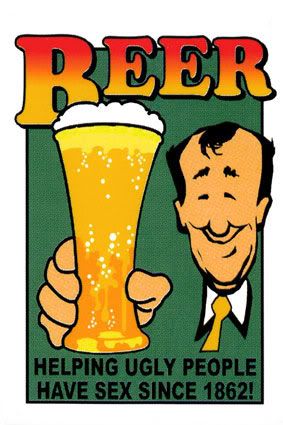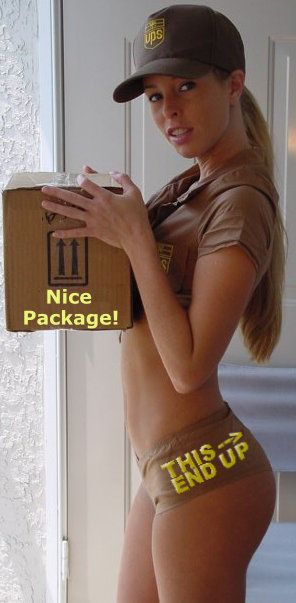There isn’t much debate among the Democratic presidential candidates on free trade: They’re pretty much against it. When Hillary Clinton recently announced her opposition to the proposed Korea Free Trade Agreement, she was widely seen as abandoning one of her husband’s key legacies as a “New Democrat.”
The Republican candidates haven’t talked about trade much either, but not because they march in lockstep. “There’s quite a bit of variation in the field, and it hasn’t been discussed very much,” says Dan Griswold of the Cato Institute.
This uncertainty comes at a crucial juncture for trade policy, which is in limbo. The president’s Trade Promotion Authority — once known as “fast track” — expired at the end of June, depriving the White House of a well-utilized legislative tool for getting trade pacts through Congress.
So where do the Republican presidential contenders stand on trade?
John McCain has the longest track record. His pro-free-trade record dates all the way back to 1993, when he supported NAFTA. McCain also supported Trade Promotion Authority in 1997 and 2002, during both the Clinton and Bush administrations. During his time in the Senate, the Arizona Republican has supported every major piece of trade legislation, including controversial measures like CAFTA and Permanent Normal Trade Relations with China.
Douglas Holtz-Eakin, the McCain campaign’s director of economic policy, says that not only does McCain support the reauthorization of TPA, but he would also aggressively use it as president to negotiate bilateral and multilateral agreements. “Every time a country has succumbed to the siren song of isolationism, it has come back to hurt that nation,” he says. “Senator McCain doesn’t want to see this nation hurt.”
Rudolph Giuliani has a more checkered record on trade. While he supports the renewal of TPA, other aspects of the former mayor’s record may give free traders pause. In 1993, he said he was skeptical of the NAFTA agreement opening markets between the U.S., Mexico, and Canada. Boskin says this should not overshadow a general commitment to global engagement, including trade. “He was mayor of New York in 1993, and was looking out for the people of New York,” says Michael Boskin, a Hoover Institution fellow and economic adviser to the Giuliani campaign. “I think he thought there were some aspects of NAFTA that would give one a reason for pause. As president, the mayor would look out for the interests of all Americans.”
Of Giuliani, Pat Toomey of the Club for Growth is tentative. “We acknowledge that he was on the wrong side of NAFTA,” he says. “I would look forward to hearing him make more specific, concrete statements in favor of trade.”
While Fred Thompson does not have as long as a record of votes on trade as some of his competitors, his votes do indicate strong support for free trade and Trade Promotion Authority. Thompson voted for TPA in 1997 and 2002, and for Permanent Normal Trade Relations with China in 2000.
Former congressman David McIntosh, an economic adviser to the nascent Thompson campaign, tells National Review Online that Thompson would “push strongly” for TPA as a component of his foreign policy. “If we extend a free trade opportunity to some countries, they may align themselves with us on other strategic and geopolitical interests,” says McIntosh. “Senator Thompson views free trade as a key part of a free market economy and of wealth creation for the United States.”
Former Massachusetts governor Mitt Romney, the co-founder of private-equity investment giant Bain Capital, has been one of the most consistent supporters of free trade, making it a key element of his economic platform. “He believes that the American business and American worker can compete with anyone in the world,” according to James Bognet, a deputy policy director for the Romney campaign. Romney particularly supports engaging China in trade, his website calling the Asian market an “opportunity.”
The Romney campaign outwardly expresses worry about the Democrats. “All three major Democratic candidates have shown is that they’ve all opposed extending Trade Promotion Authority,” says Bognet. “That shows a fundamental misunderstanding of the tools a president needs to grow the economy.” Clinton and Edwards voted against TPA in 2002. Obama was not in the Senate for that vote, but has voted against major pieces of trade legislation, like CAFTA. The Obama campaign did not return calls asking for comment on the Senator’s position on TPA.
Several minor GOP candidates are openly skeptical of free trade.
Rep. Tom Tancredo supported TPA, but says Bush has used it to authorize back-door pro-immigration policies. Rep. Duncan Hunter has a more protectionist record, having voted against NAFTA in 1993, and, more recently, opposing both Trade Promotion Authority and CAFTA in congressional votes.
The race’s lone libertarian, Rep. Ron Paul, takes a typically iconoclastic position on free trade. “I believe that free-trade agreements are really managed trade,” the congressman tells NRO. He believes that the president lacks the constitutional power to negotiate trade agreements, saying that it is the power of the Congress instead. If he were president, Paul says, “My advice to the Congress would be to simply keep tariffs low on all countries.”
The free-trade Club for Growth is happy with the major candidates. Toomey, the group’s president, says, “I think we’re going to be satisfied with where all the leading candidates are.”
Wednesday, August 8, 2007
Subscribe to:
Post Comments (Atom)















No comments:
Post a Comment